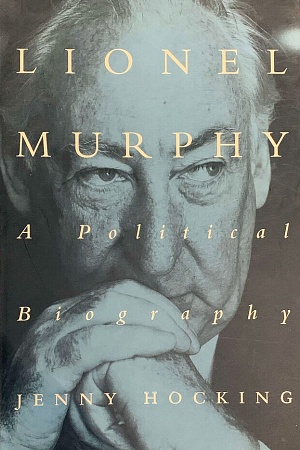Rilke: The last inward man
Pushkin Press, $39.99 hb, 320 pp
A poet ‘in between’
Since his death in 1926, almost a century ago, the poet Rainer Maria Rilke has remained an anomaly. He was doomed, Lesley Chamberlain says in Rilke: The last inward man, to be a poet ‘in between’: a bridge between modernism and Romanticism, his work an inevitably compromised attempt to reclaim the consolations of metaphysics for a secular age. Despite this – or perhaps because of it – Rilke’s poetry has remained enduringly popular. There are dozens of translations of his notoriously complex poetry into English, and a plethora of critical writing, some of it leaning into a sentimentalised hagiography that is too easily parodied. In Reading Rilke: Reflections on the problems of translation (1999), William H. Gass perhaps best catches the ambivalence one feels approaching the man and his work:
With a romantic naiveté for which we may feel some nostalgia now, and out of a precocity for personality as well as verse, Rilke struggled his entire life to be a poet – not a pure poet, but purely a poet – because he felt, against good advice and much experience to the contrary, that poetry could only be written by one who was already a poet: and a poet was above ordinary life (Villiers de L’Isle-Adam’s famous quip, ‘As for living, we shall have our servants do that for us,’ described his attitude perfectly).
In her own book-length overview of Rilke, Chamberlain is a little sceptical of Gass, but perhaps she could have used some of his robustness. Gass’s fascination is rooted in a deep respect for Rilke’s ‘internal intensity’, which he says demands an ‘absolute intimacy’ of the reader. Perhaps it’s not surprising that this intimacy produces impassioned readers and interpreters, among whom I count myself, and that everyone who engages deeply with his work creates their own particular Rilke. But I own that Rilke: The last inward man disappointed me: it feels like a missed opportunity.
Continue reading for only $10 per month. Subscribe and gain full access to Australian Book Review. Already a subscriber? Sign in. If you need assistance, feel free to contact us.














Leave a comment
If you are an ABR subscriber, you will need to sign in to post a comment.
If you have forgotten your sign in details, or if you receive an error message when trying to submit your comment, please email your comment (and the name of the article to which it relates) to ABR Comments. We will review your comment and, subject to approval, we will post it under your name.
Please note that all comments must be approved by ABR and comply with our Terms & Conditions.